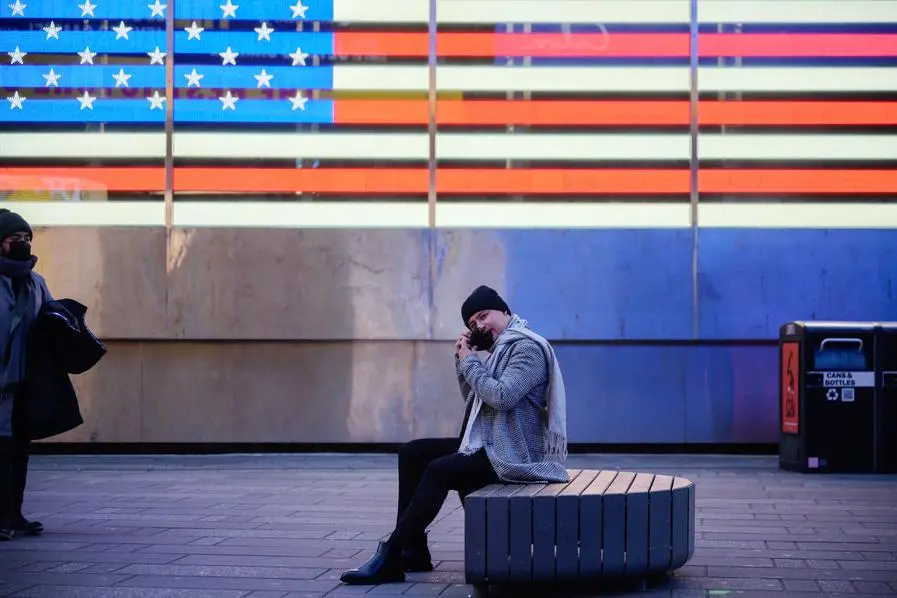PHOTO
The United States is helping 50 countries build up their health care systems as part of its new global strategy to prevent another pandemic, officials announced Tuesday.
It comes as uncertainty surrounds the fate of international talks aimed at securing a historic agreement on tackling future disease outbreaks, which resume later this month in Geneva.
US officials have identified technical gaps in each of the 50 partner countries' technical capacities to respond to biological threats, including surveillance of new pathogens, lab capacity to test samples, and preparedness to communicate about an outbreak.
The nations' progress will be published on a new website that goes live Tuesday.
Alongside the countries Washington is directly supporting, it will urge its G7 partners to deliver on commitments to reach 50 more, for a total of 100 nations.
"The United States can be a force for progress globally, when we use our leadership to mobilize bilateral, regional and multilateral partners to solve big problems," a senior administration official who previewed the "Global Health Security Strategy" told reporters.
Financing is key, with the official citing expert estimates that more than $30 billion would be required annually, of which two-thirds should come from national budgets and a third from external financing.
The official said the Covid pandemic underscored "that in order to ensure the health and safety of Americans, the world must have the capacity to manage infectious disease outbreaks."
One example of current US focus is the Democratic Republic of Congo, which is facing an mpox outbreak and is receiving assistance in several areas, they added.
Countries thrashing out a historic agreement on tackling future pandemics missed the target of finishing the accord by Easter, leaving them just weeks to bridge their differences before a do-or-die extra round of talks at the WHO headquarters from April 29 to May 10.
The official said the United States was committed to those talks but was also committed to making the world better prepared for the next pandemic "regardless of what comes from those negotiations."





















